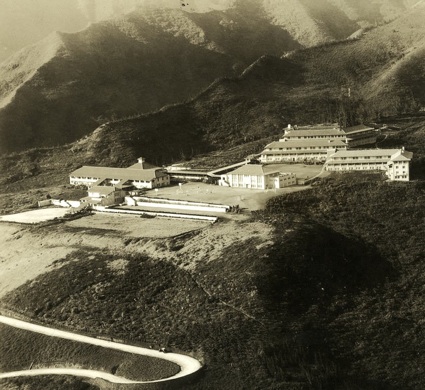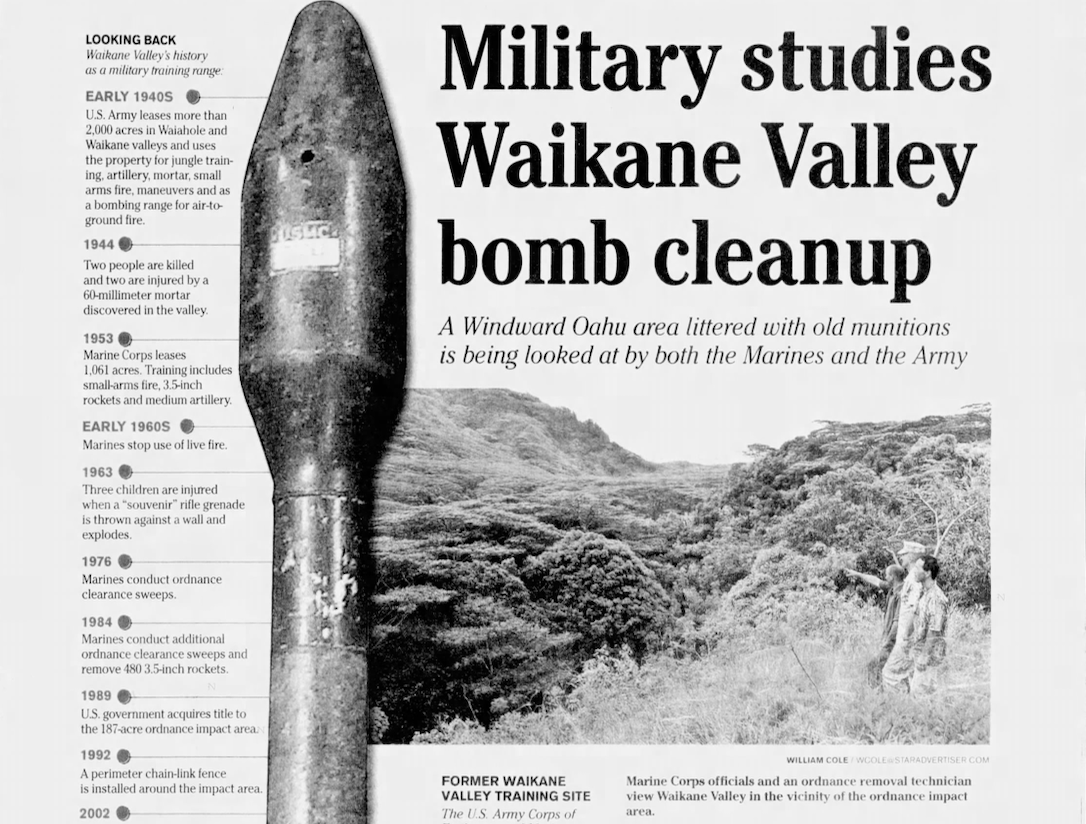The 2024 Nature-based Solutions Conference brought together a wide range of voices, including Indigenous scholars, interdisciplinary researchers, public and private sector practitioners, as well as musicians and artists. Over the course of three days, the event combined science, traditional knowledge, music, and art to discuss and co-create an action plan for nature-based solutions that can drive positive social and environmental change and reached over 800 delegates worldwide. Many attendees expressed feelings of inspiration, connection, and renewed hope, motivated by the rich discussions, art, and ceremony that shaped the gathering.
The Role of Nature in Redefining our Economic Model
Kumu Kamana Beamer co-presented a keynote with Kate Raworth, renegade economist and co-founder of Doughnut Economics Action Lab, entitled “The Role of Nature in Redefining our Economic Model.” This session focused on the need to bridge worldviews as we seek to reshape our global economic systems, emphasizing regeneration and interconnectedness. Both speakers explored how connections between ancestral practices and “new” economic models can guide a future that is respectful of nature and built on principles of equity.
Beamer began by emphasizing the deep, intrinsic connection between people and nature in Hawaiian culture, underscoring the spiritual and physical bond between land and the people. He explained how regenerative practices that are central to Indigenous governance systems reflect the Hawaiian understanding that wai (water) is the source of both life and wealth (waiwai), showing how the circular economy is modelled on nature itself. Beamer warned that the modern economy in Hawaiʻi has strayed far from these principles as a result of colonialism, gentrification, and reliance on external systems. He pointed out that ancestral Hawaiian systems of governance—marked by balance, regular redistribution of wealth, and regenerative processes—could serve as a model for building sustainable economies today, and advocated for aloha ʻāina, a guiding principle of environmental stewardship and social justice, to be embedded in contemporary governance.
Kate Raworth expanded on Beamer’s insights by introducing her Doughnut Economics model, which challenges traditional economic thinking centred on limitless growth. Raworth explained that the Doughnut framework combines a social foundation (the basic needs required for a good life) with the planetary boundaries (the ecological limits we must respect to avoid environmental collapse). Raworth proposed that the inner and outer limits of the doughnut provide a roadmap for sustainable economies. She also acknowledged the “gulf” between Western economic systems and Indigenous worldviews, noting the importance of building conceptual bridges between them.
In the joint discussion, both Beamer and Raworth highlighted the need to rethink humanity’s relationship with nature and the economic systems that govern our lives. The conversation also touched on the importance of alternative economic systems, including bartering and resource-sharing, which are often practiced within families and communities but are not reflected in traditional economic measures. “We need to think about how to exchange resources, so everyone is fed,” Beamer urged, pointing to the potential of non-monetary forms of exchange to build more resilient and equitable economies.
The Conference Report is online here: https://www.naturebasedsolutionsoxford.org/
YouTube video available here: https://youtu.be/mvn3NcUJhfA









